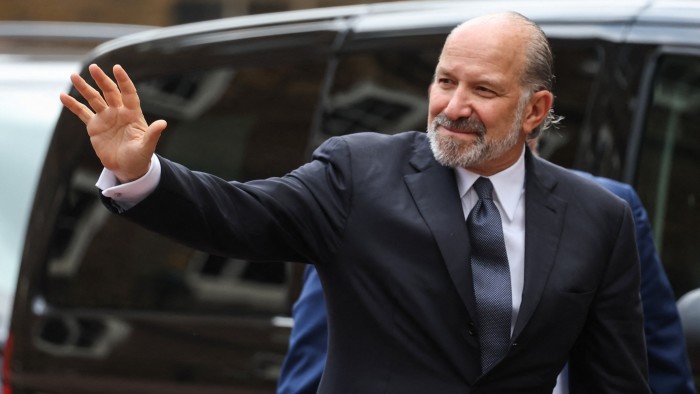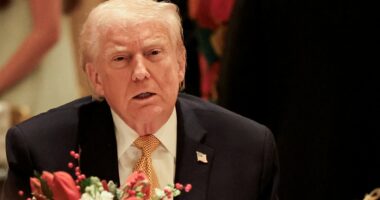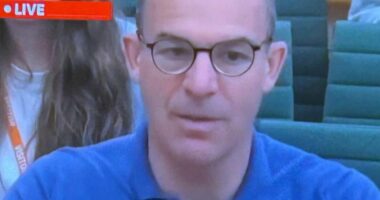Share this @internewscast.com
Unlock the Editor’s Digest for free
The US and China have agreed to a framework that restores a truce in their trade war after two days of marathon negotiations in London.
A major breakthrough was achieved late Tuesday, following a previous agreement in Geneva last month, which was designed to alleviate trade tensions between the two largest economies in the world. These tensions had hit a snag due to disagreements over Chinese rare earth exports and US export controls.
The US delegation, led by Commerce Secretary Howard Lutnick and US Trade Representative Jamieson Greer, is set to head back to Washington to present the agreement to President Donald Trump, according to Lutnick. However, Lutnick did not disclose any specifics about the framework of the deal.
China’s Vice-Minister of Commerce, Li Chenggang, portrayed the discussions as “rational, in-depth and candid.” He stated that both parties had committed to actualizing the consensus reached in Geneva and during a phone conversation between President Trump and Chinese President Xi Jinping last week, as reported by the state news agency Xinhua.
He expressed hope that the progress made in London “will be conducive to strengthening trust between China and the United States”.
China’s CSI 300 index of Shanghai- and Shenzhen-listed stocks rose 1 per cent in early trading on Wednesday, while Hong Kong’s Hang Seng benchmark rose 0.8 per cent.
Both countries agreed in Geneva last month to slash their respective tariffs by 115 percentage points and provided a 90-day window to resolve the trade war.
But the ceasefire came under pressure after Washington accused Beijing of reneging on an agreement to speed up the export of rare earths, while China criticised new US export controls.

The US team, which also included Treasury secretary Scott Bessent, had held two days of talks with the Chinese delegation, led by He Lifeng, a vice-premier responsible for the economy. Earlier on Tuesday, Lutnick said the talks could stretch into a third day.
Bessent left London before the talks ended to return to Washington ahead of a previously scheduled plan to testify before Congress on Wednesday.
The talks were held in the historic Lancaster House mansion in central London, a short walk from Buckingham Palace, which was provided by the British government as a neutral ground for the talks.
The high-stakes negotiations were launched to ensure the two thorny issues of Chinese exports of rare earths to the US and American technology export controls on China did not derail broader talks between the sides.
Ahead of the first round of talks in Geneva, Bessent had warned that the high level of mutual tariffs had amounted to an effective embargo on bilateral trade.
Chinese exports to the US fell more steeply in May on a year earlier than at any point since the pandemic in 2020.
The US has accused China of not honouring its pledge in Geneva to ease restrictions on rare earths exports, which are critical to the defence, car and tech industries, and dragging its feet over approving licences for shipments, which has affected manufacturing supply chains in the US and Europe.
Beijing has accused the US of “seriously violating” the Geneva agreement after it announced new restrictions on sales of chip design software to Chinese companies.
It has also objected to the US issuing new warnings on global use of Huawei chips, and cancelling visas for Chinese students.
On Monday, a senior White House official indicated that Trump could ease restrictions on selling chips to China if Beijing agreed to speed up the export of rare earths.
That would amount to a significant policy shift from former president Joe Biden’s administration, which implemented what it called a “small yard, high fence” approach designed to restrict Beijing’s ability to obtain US technology that could be used to help its military.











